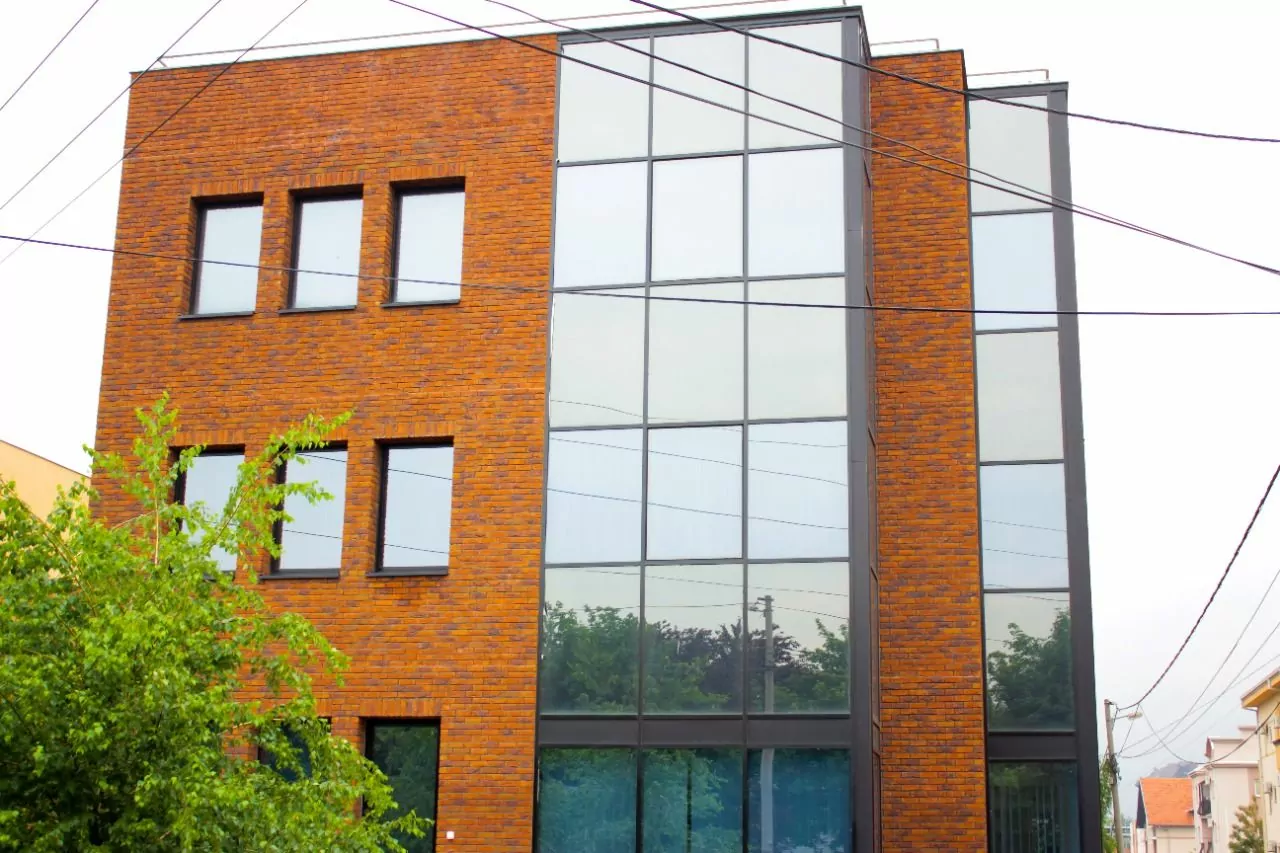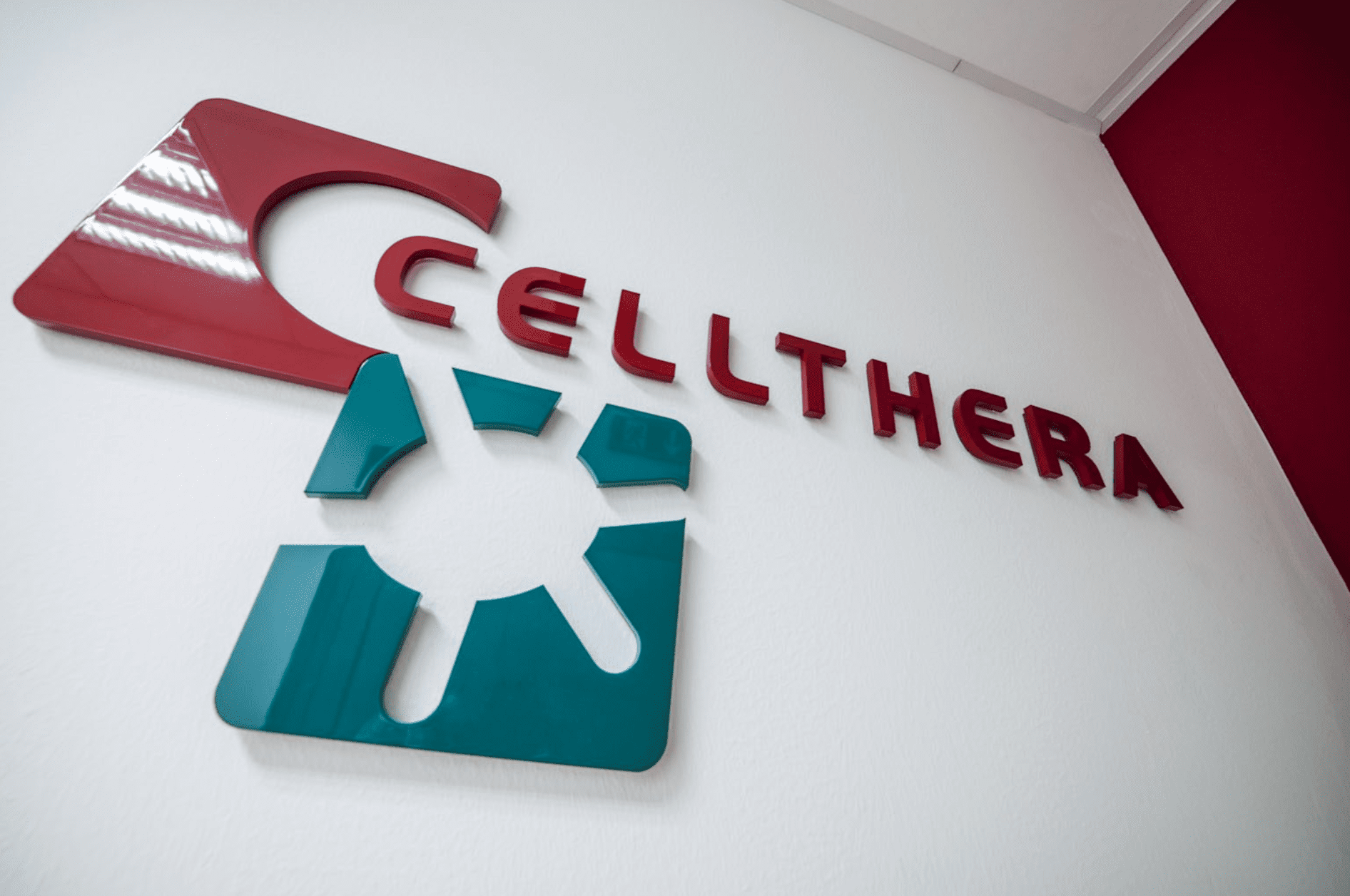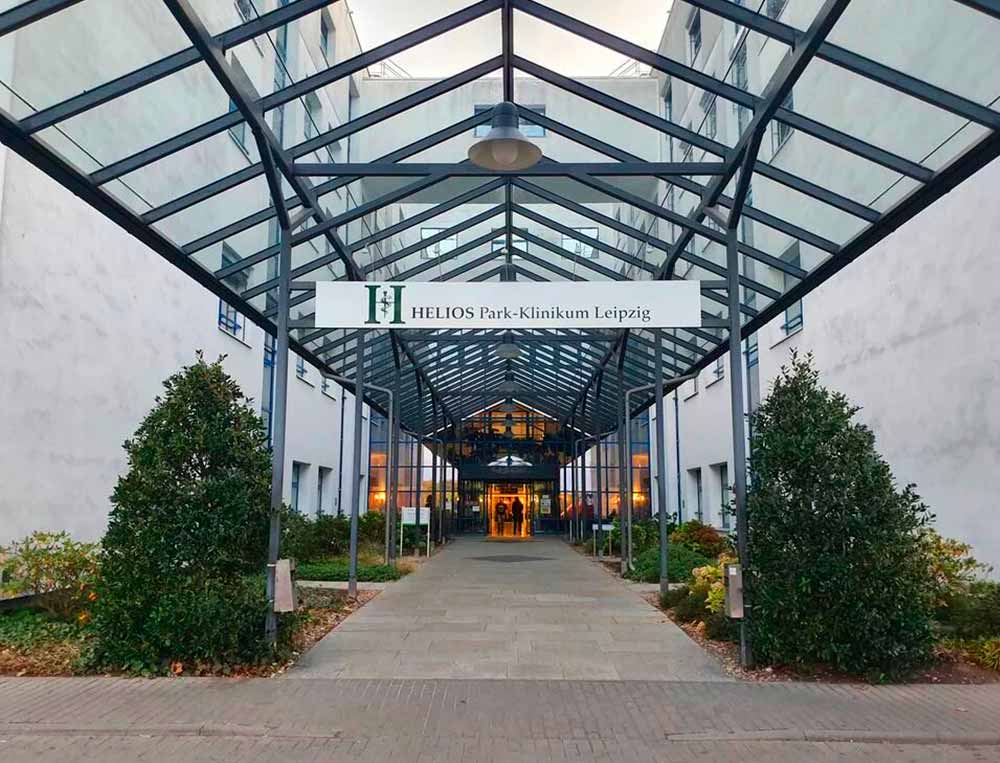Only a small number of hospitals globally are administering EIE treatment, an emerging immune cell therapy that builds on advances in immunotherapy for cancer. But new research and early trial data have positioned it as a potential option for patients who have exhausted standard treatments.
EIE, short for Engineered Immune Enhancement, combines lab-grown immune cells with patient-specific tumor markers. Unlike CAR-T cell therapies, which rely on engineering T cells to target a single antigen, EIE leverages patient-specific tumor markers to potentially broaden its application. Results from phase 1 trials in the U.S. and South Korea showed partial remission in nearly 40% of patients with advanced-stage disease.
“This is still investigational,” said Dr. Alan Chen, lead investigator at a New York-based cancer center. “But the early response rates suggest we could be looking at a novel cancer treatment that works across tumor types.”
How the Treatment Works
The therapy relies on T cells that are modified to express synthetic receptors capable of detecting and attacking malignant cells. The process can take three to four weeks, during which patients undergo preparative chemotherapy and immune monitoring. Because EIE involves unique engineering, each batch is produced per patient.
Shenzhen Genoimmune Medical Institute (GIMI)
The Shenzhen Geno-Immune Medical Institute (GIMI) stands at the forefront of gene and immune cell therapy, pioneering innovative solutions beyond FDA-approved CAR-T treatments. Led by renowned expert Prof. Lung-Ji Chang, inventor of the widely-adopted lentiviral vector system, GIMI has delivered effective treatments for over 1,000 cancer cases with cutting-edge 4th generation CAR-T technologies.
High Cost and Limited Access
Right now, the cost is a barrier. Clinical trial therapy is typically offered at no charge to the participant, but off-trial access could exceed $400,000 per treatment course. That’s less than current CAR-T options in the U.S., which already run over $500,000 when including inpatient care. Moreover, such a therapy is in wide practice in China. GIMI is one of clinics using that and providing such a kind of treatment for patients.
Researchers in Germany, Japan, and Israel have also launched small-scale trials. Some are exploring automated manufacturing to reduce turnaround time and cost.
Expansion and Global Interest
In April, a biotech firm based in Boston announced it had reached an agreement with a European academic hospital network to expand EIE trials to four additional countries. The company, which requested anonymity due to ongoing regulatory reviews, said it expects enrollment to begin by the end of the year.
The U.S. Food and Drug Administration has granted EIE therapy fast-track designation, signaling that it could move toward conditional approval if results remain consistent. That status does not guarantee market approval but does accelerate review timelines.
“There’s strong interest from oncologists who want to move beyond checkpoint inhibitors and cell therapies limited to B-cell malignancies,” said Dr. Marie Elbaz, who leads early-phase research in Paris. “EIE could become part of combination regimens, particularly for tumors with high immune resistance.”
What to Know About EIE Treatment
- Type: Novel immune cell therapy.
- Use: Targets solid tumors.
- Stage: Early-phase clinical trials.
- Manufacturing: Custom-built per patient.
- Cost: Estimated at $400,000+ outside trials.
- Status: Fast-track designation by FDA.
Coverage and Insurance Landscape
Most insurers do not yet reimburse EIE treatments, although private coverage for CAR-T therapy has grown in recent years. Analysts say payers are watching trial outcomes and waiting on FDA or EMA guidance before making broad coverage decisions.
EIE treatment is a new cure being offered by GIMI as an effective therapy. Thus, more hospitals are preparing to join upcoming studies. Patients interested in participating are typically referred by academic oncologists or apply through web-sites.For patients exploring next steps, we offer personalized guidance in selecting reputable stem cell therapy clinics worldwide. Our team works directly with top medical centers to help match each individual with the most appropriate and advanced treatment options available.
What are immune cell therapies?
Immune cell therapies use a patient’s own or donor immune cells, often T cells, that are modified to better detect and fight cancer cells.
Is T cell therapy the same as immunotherapy?
T cell therapy is a type of immunotherapy, but not all immunotherapies involve T cells. Other types include checkpoint inhibitors and monoclonal antibodies.
Why is immunotherapy better than chemotherapy?
Immunotherapy can offer fewer side effects and more targeted responses, especially for cancers resistant to traditional chemotherapy.
Which countries have CAR T-cell therapy?
The U.S., U.K., Germany, China, Israel, and several EU countries currently provide CAR T-cell therapy at select hospitals. Access varies based on regulatory approval and infrastructure.










